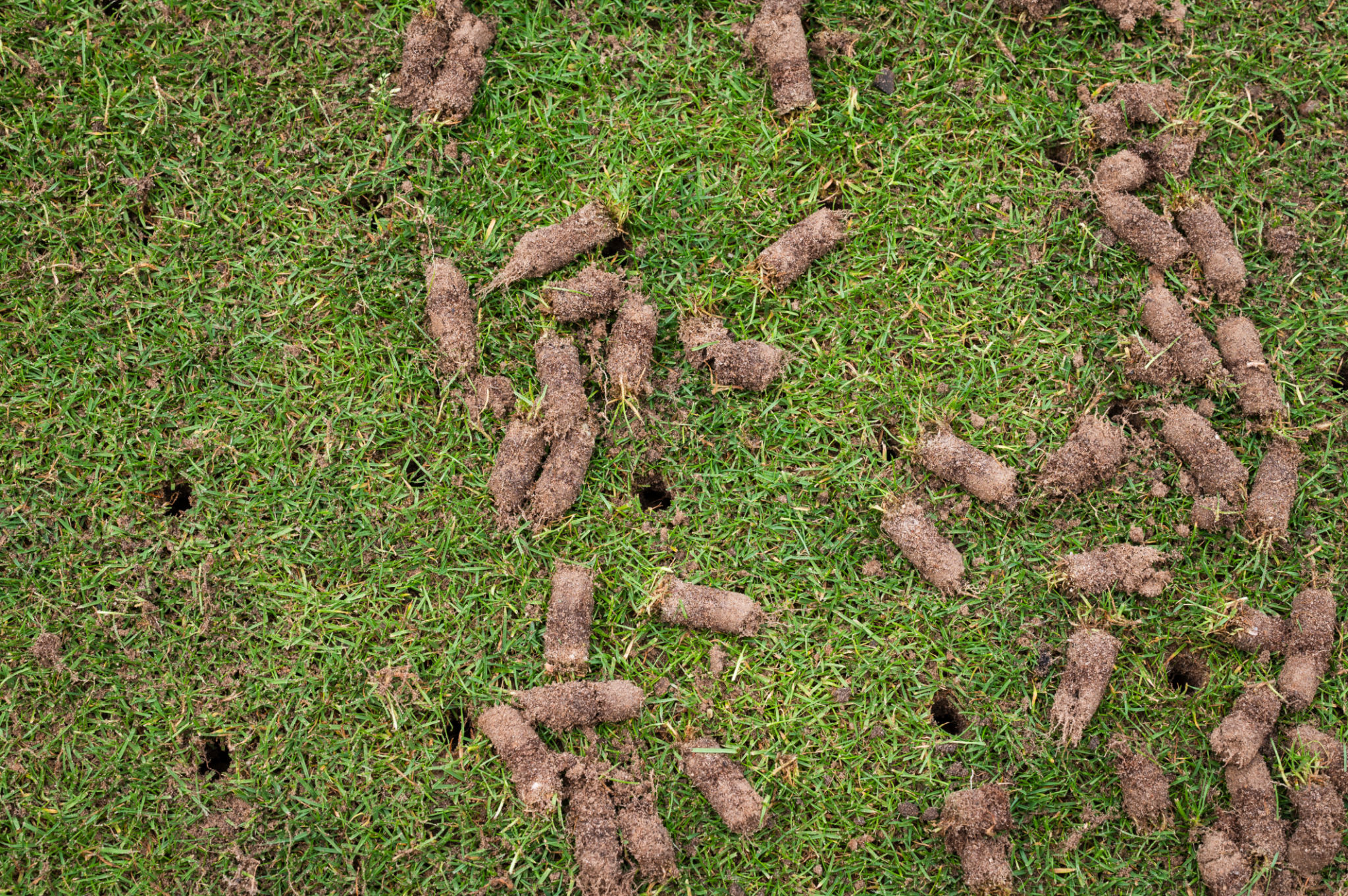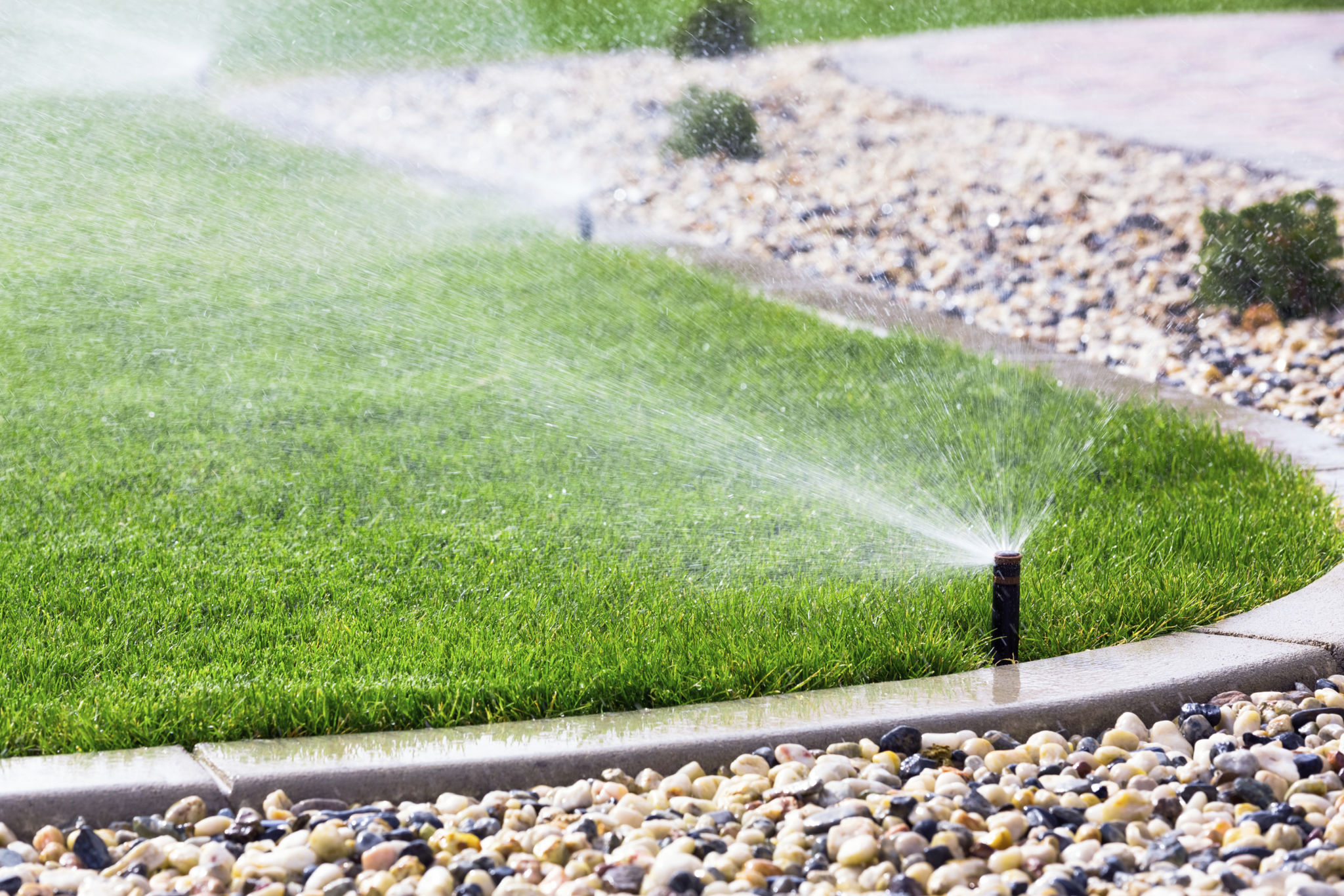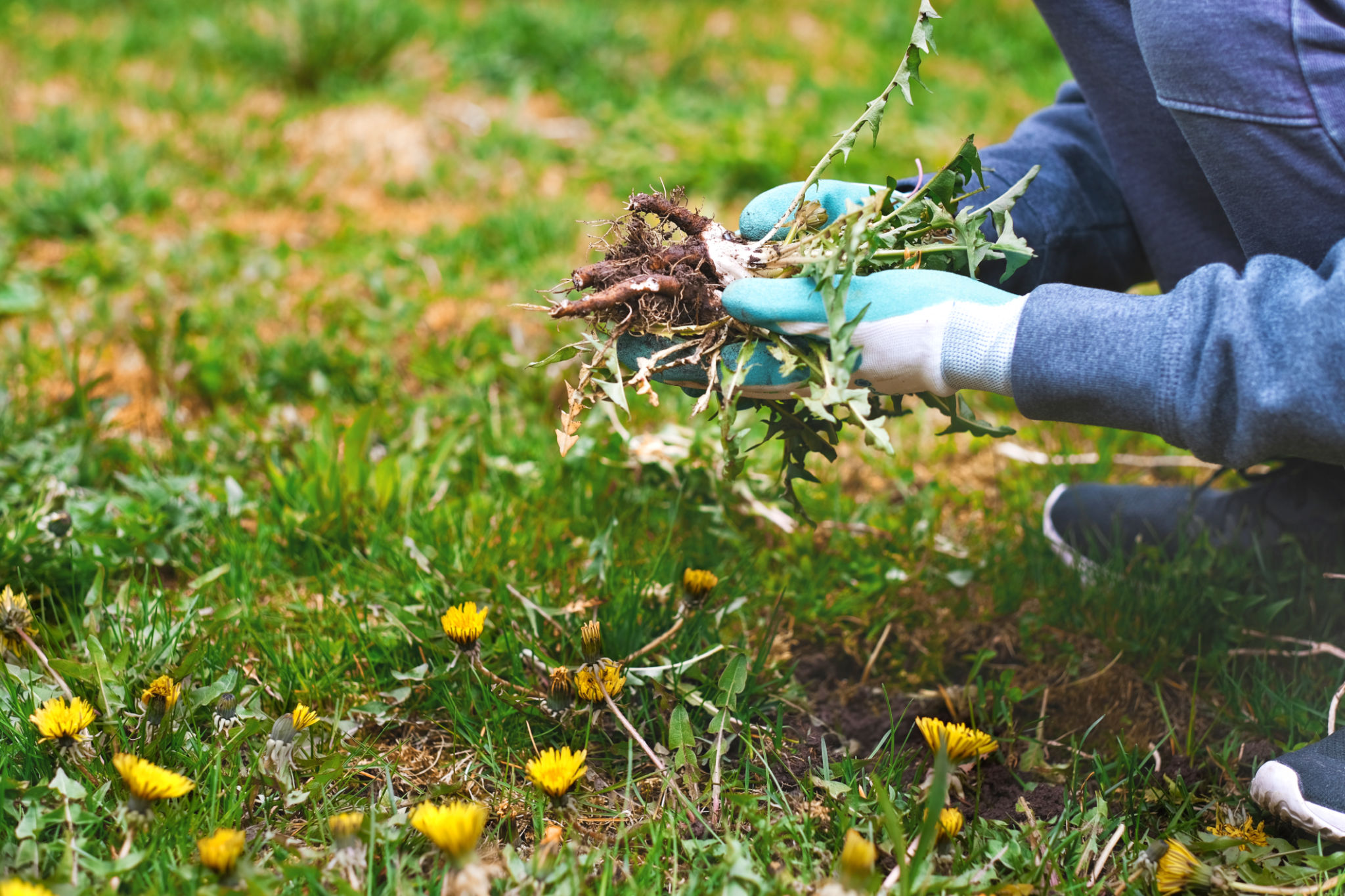Essential Lawn Care Tips for Southern Indiana Residents
Ro
Understanding Southern Indiana's Climate
Southern Indiana residents enjoy a unique climate that requires specific lawn care strategies. The region experiences a mix of warm, humid summers and mild winters, making it essential to adapt your lawn care routine throughout the year. Understanding these climate conditions is the first step to ensuring your lawn remains lush and green.
In Jasper, the growing season typically starts in early spring and extends into late fall. This extended period allows for ample growth but also demands consistent maintenance. Knowing when to adjust your lawn care practices can make a significant difference in the overall health of your grass.

Preparing Your Lawn for Spring
As the temperatures begin to rise in spring, it's crucial to prepare your lawn for the upcoming growing season. Start by removing any debris that accumulated over the winter months, such as fallen leaves and branches. This will help prevent diseases and pests from taking hold in your lawn.
Next, consider aerating your lawn to improve soil circulation and allow for better nutrient absorption. Aeration involves perforating the soil with small holes to enable air, water, and nutrients to penetrate the grass roots more effectively. This process can help promote stronger root growth and a healthier lawn overall.

Fertilization Tips
Fertilizing your lawn is an essential step in maintaining its health and appearance. For Jasper residents, it's best to apply a balanced fertilizer in early spring and again in late fall. This helps ensure that your grass has the nutrients it needs to thrive throughout the growing season.
When choosing a fertilizer, look for one that contains a mix of nitrogen, phosphorus, and potassium. These nutrients are vital for promoting healthy growth, strengthening roots, and improving resistance to pests and diseases. Be sure to follow the recommended application rates on the product label to avoid over-fertilizing, which can damage your lawn.
Watering Best Practices
Proper watering is crucial for maintaining a healthy lawn in Jasper. It's important to strike a balance between providing enough moisture and avoiding overwatering. Generally, lawns require about one inch of water per week, either from rainfall or supplemental irrigation.

The best time to water your lawn is early in the morning or late in the afternoon, as this reduces evaporation and ensures that more water reaches the grass roots. Avoid watering during the hottest part of the day, as this can lead to water loss and stress on your lawn.
Mowing Techniques
Mowing is not just about keeping your lawn looking neat; it's also an essential part of maintaining its health. Always keep your mower blades sharp to ensure clean cuts, which reduce stress on the grass and minimize disease risk.
A general rule of thumb is to never remove more than one-third of the grass blade at a time. This helps maintain optimal photosynthesis and promotes a thicker, healthier lawn. During peak growing seasons, you may need to mow more frequently to keep up with rapid growth.
Dealing with Weeds and Pests
Weeds and pests can pose significant challenges for Jasper lawns. Regular monitoring and early intervention are key to keeping these issues at bay. Consider using pre-emergent herbicides in early spring to prevent weed seeds from germinating.

If pests become a problem, identify the specific issue before applying any treatments. Integrated Pest Management (IPM) is a sustainable approach that combines cultural, biological, and chemical methods for effective pest control while minimizing environmental impact.
Seasonal Maintenance
Lawn care does not end with summer; fall and winter require attention too. In fall, continue mowing until growth stops and consider overseeding thin areas to promote a dense turf in spring. Winter is a great time for equipment maintenance and planning next season's schedule.
By following these essential lawn care tips tailored for Southern Indiana residents, you can enjoy a healthy, vibrant lawn all year round. Remember that consistency is key, and adapting your practices to align with the seasonal changes will yield the best results.
